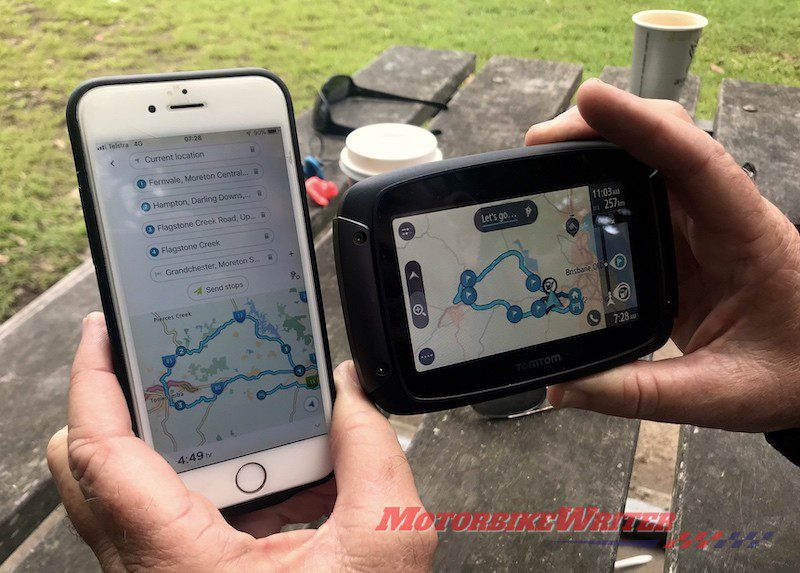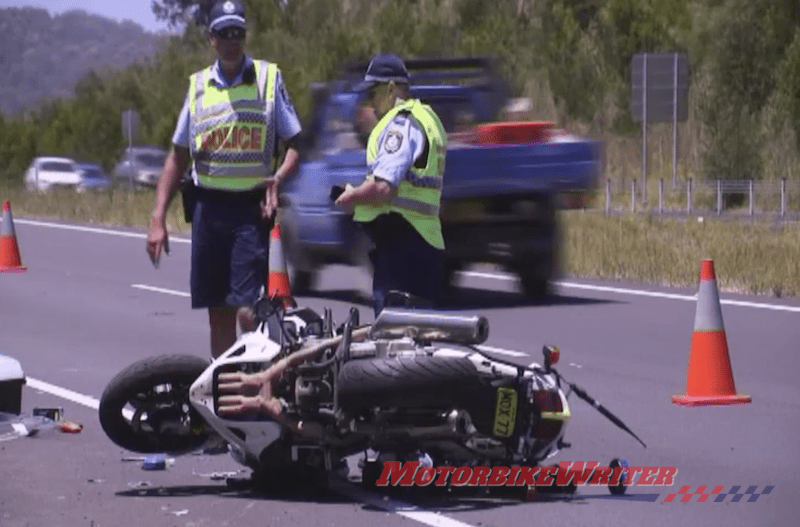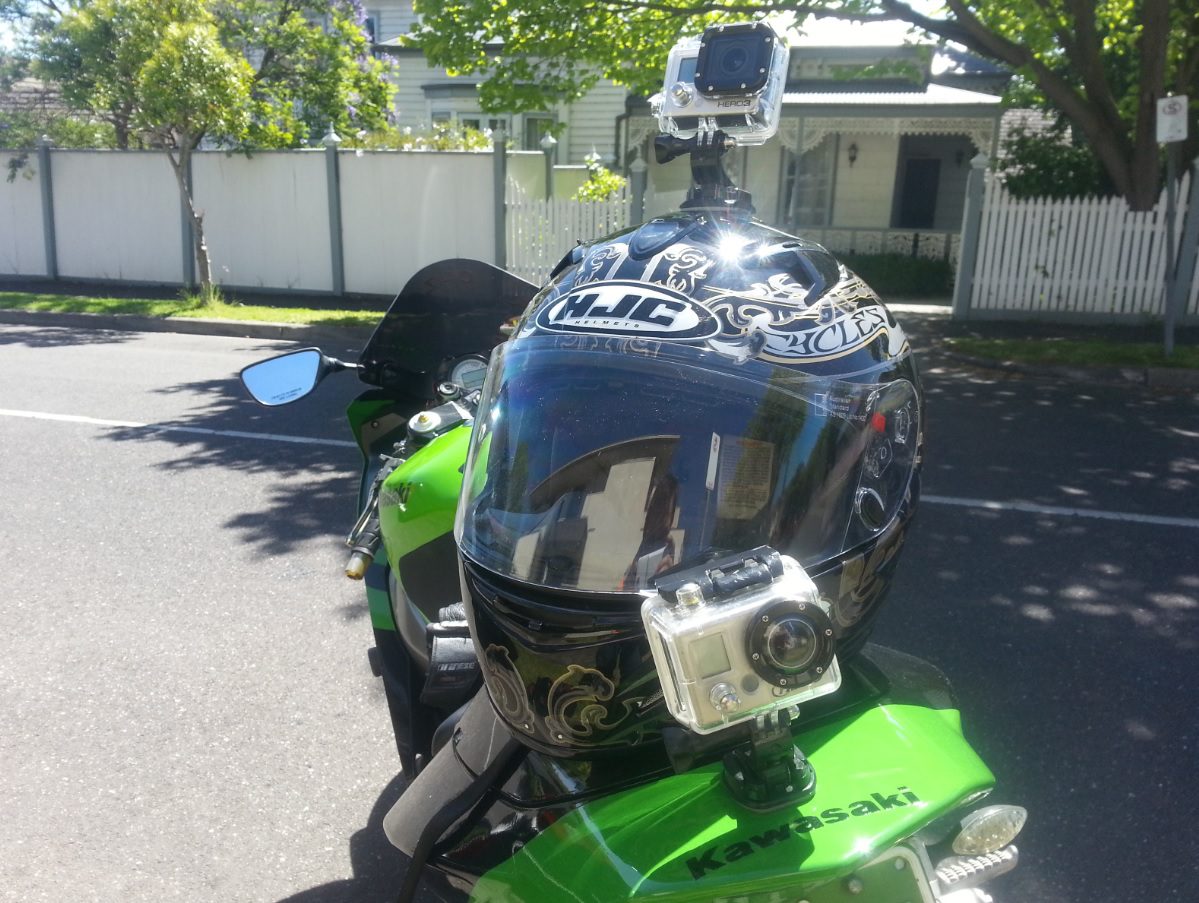If you’ve crashed or been stopped by police who suspect you’ve been doing something illegal, your action camera, phone, GPS and bike could help incriminate you.
Each of these items can contain the evidence police and the courts need to convict you for a traffic or criminal offence.
Phones are the most likely to be confiscated, but we have also heard of police confiscating action cameras.
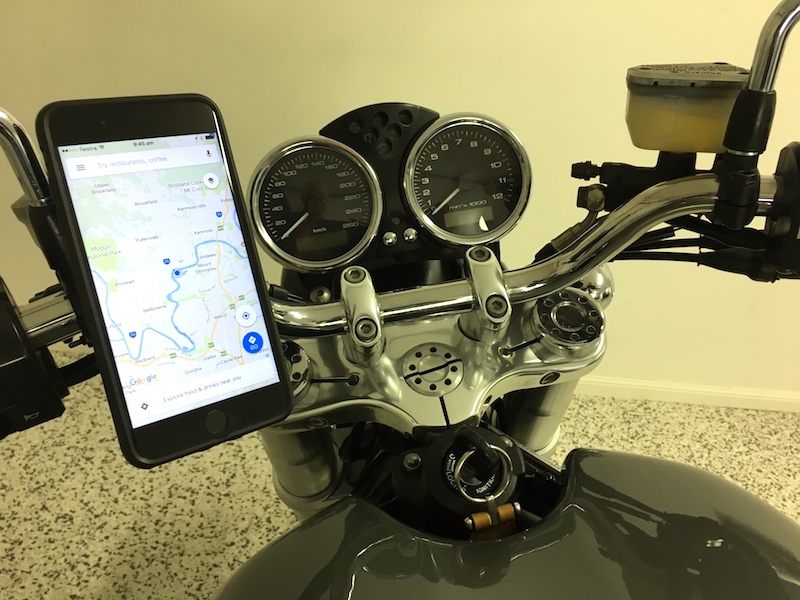
Motorcycle Riders Association of WA safety officer Dave Wright has defended police for confiscating a Perth rider’s GoPro helmet cam SD card.
“If people are doing stupid things, they should pay the price,” he says.
In the latest case, a helmet camera from a dead rider has this month helped convict a British motorcyclist of dangerous driving.
His conviction was based on video evidence confiscated from the helmet of a riding colleague who died in a crash last year.
Police can also get vital evidence from GPS devices that record fastest and elapsed times.
They can also obtain incriminating evidence from motorcycles that feature data loggers.
What rights do you have?
So what do you do if police ask for an item that could incriminate you?
In some places, such as America, police may first have to obtain a search warrant. In Australia, they don’t, so long as the search is lawful.
If police conduct a lawful search, they can seize your camera, SD card, phone, GPS or bike data.
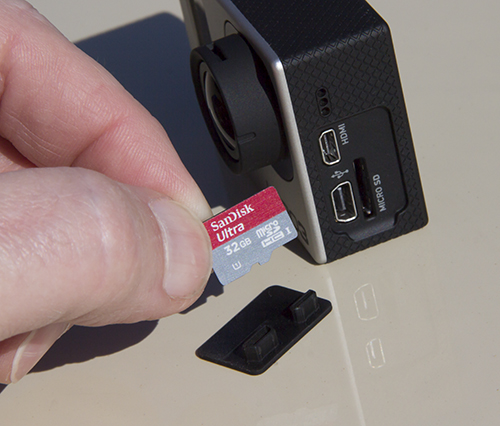
It’s not just the item of the alleged offender; police can also ask a bystander to an offence for evidence.
A lawful search is where you give police permission to search you or when the officer has a “reasonable suspicion” that you could have an item containing evidence of an offence.
A crash is a situation where police might exercise their right to collect relevant evidence from victims, offenders and bystanders.
How do you not incriminate yourself?
If you don’t want to incriminate yourself, there are some steps you can take.
Without wishing to pervert the course of justice, we suggest you extract the SD card from your camera, bike or GPS.
Or at least turn off your camera to avoid attracting the attention of the police.
If they see the camera or GPS is off or that the SD card is missing, they might assume you weren’t recording.
However, we do not suggest you lie and say you don’t have it or that it wasn’t recording. That could incriminate you in a whole other offence.
Even if you want to use the evidence later in your defence, your lie will then be obvious and police could charge you for providing false information.
If they ask for the camera, GPS, phone, SD card or data logger, you can politely tell the police you will gladly make it available after it has been copied.
That may not work, unless you have been syrupy sweet.
Don’t be obstinate. That could be seen as refusing to hand over evidence and you could be charged with obstructing a police officer in the execution of their duty.
That would result in a court appearance where you could cop a fine of a few hundred dollars.
The proper procedure is to let them take it and then challenge it in court. But, of course, the horse has already bolted.
Another legal opinion
However, one legal advisor suggests that would offend the right to not incriminate yourself.
“But there is the law and there is reality,” he notes.
“Coppers will usually do whatever is easiest to ‘prove’ an offence. If that entails bullying a motorist into handing over an SD card, that is what the coppers will do.”
If your camera or SD card has been confiscated by the police or handed over to them, ask the officer to make a note of it.
Police must supply you with a receipt of the item as “soon as possible”.
It must also be returned to you in 30 days unless it is to be used as evidence. In that case, police have to apply for an extension through court.
If the matter goes to court, your legal representative can also ask for the card or, at least, a copy to be supplied for your use as evidence.
Please note:
- This article is based on several other articles already published on Motorbike Writer as well as information from police and lawyers, including East Coast Lawyer Tina Davis and assistant Robyn Temperton. It is not legal advice. For legal advice, you should engage the services of a lawyer.
- If you have any further questions about your legal rights, Tina says you are welcome to email her or contact her at 1300 720 544.
- Since the law can be challenged and is open to legal interpretation, you may disagree with many of the points raised here. Please feel free to comment in the “Leave a reply” section below.


